Vocabulary enhancement Reading Worksheets for Ages 3-4 - Page 2
53 filtered results
-
From - To
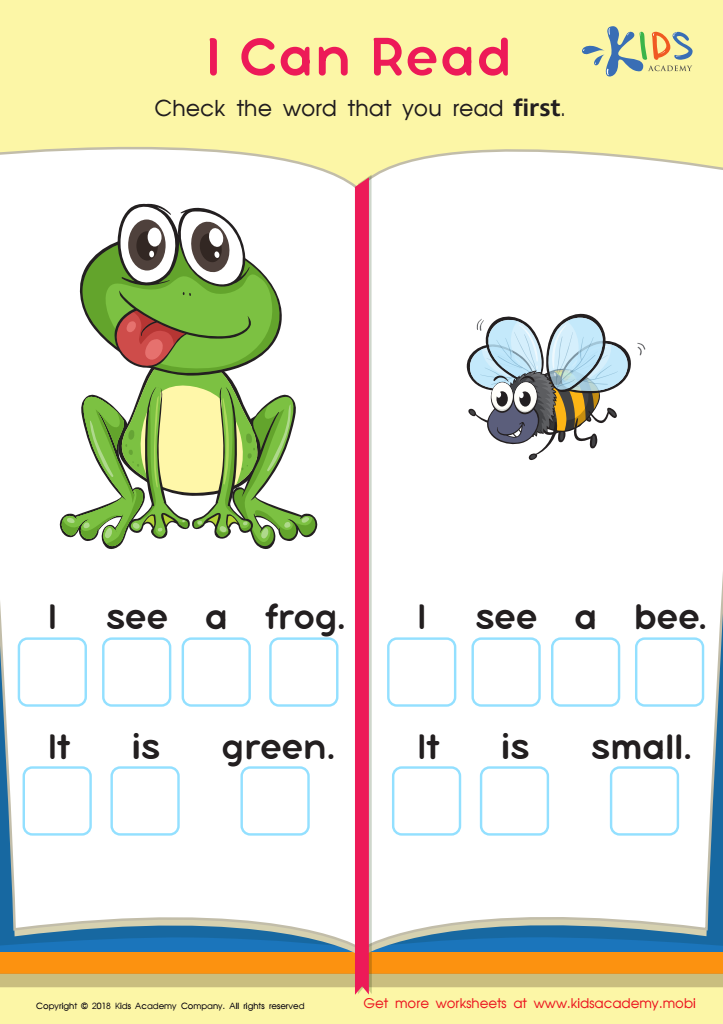

I Can Read Worksheet
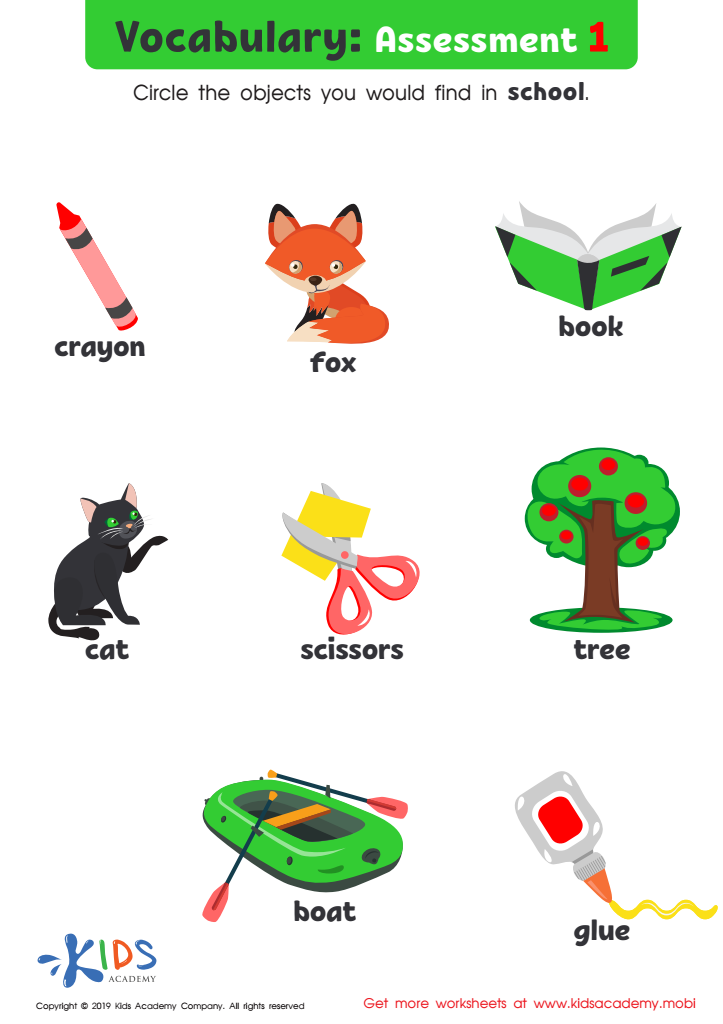

Vocabulary: Assessment 1 Worksheet
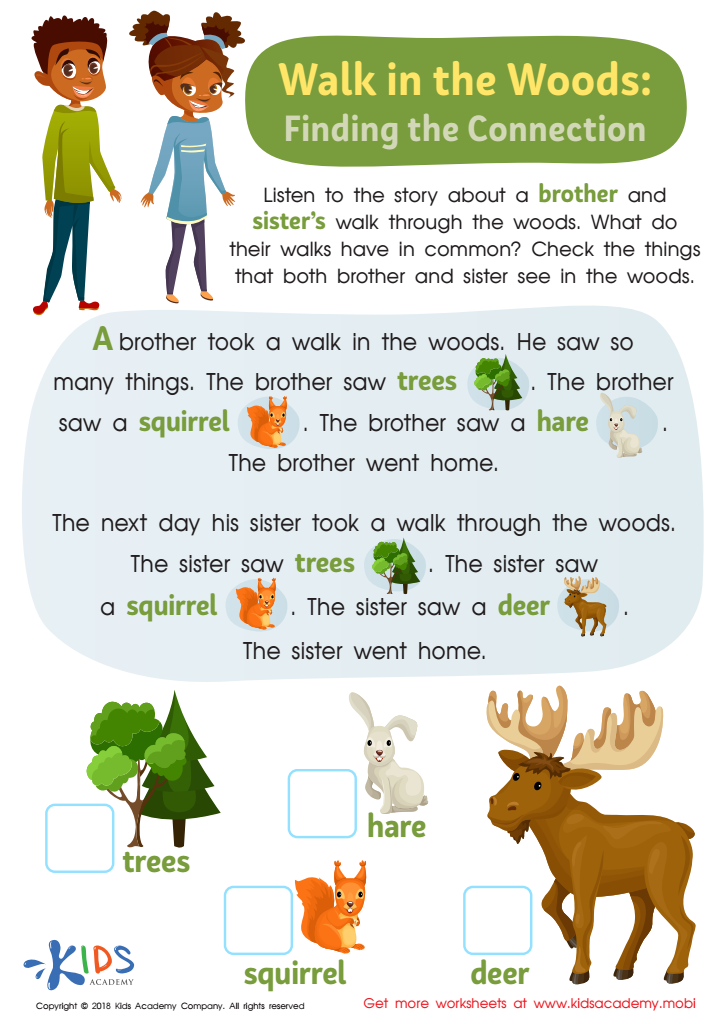

Walk In the Woods: Finding Connections Worksheet
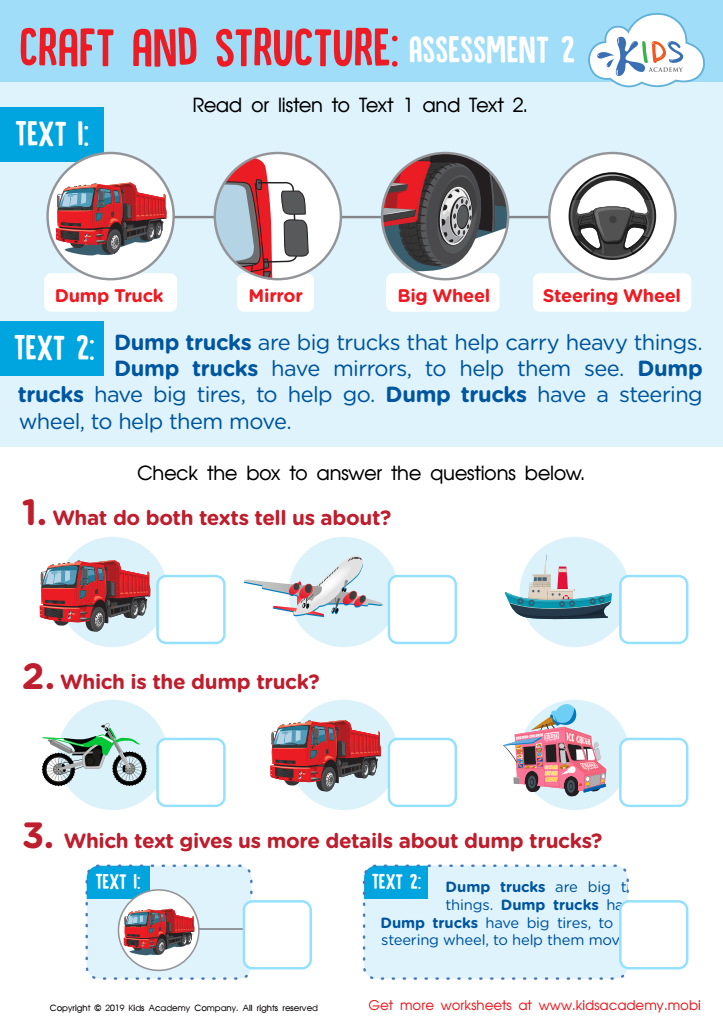

Craft and Structure: Assessment 2 Worksheet
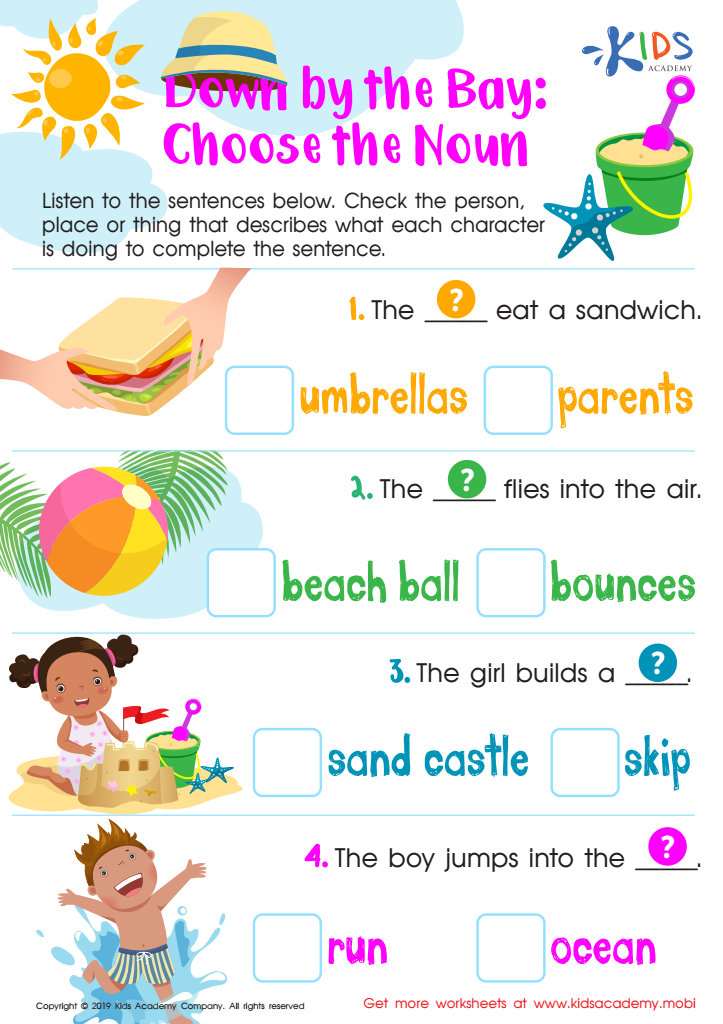

Down by the Bay: Choose the Noun Worksheet
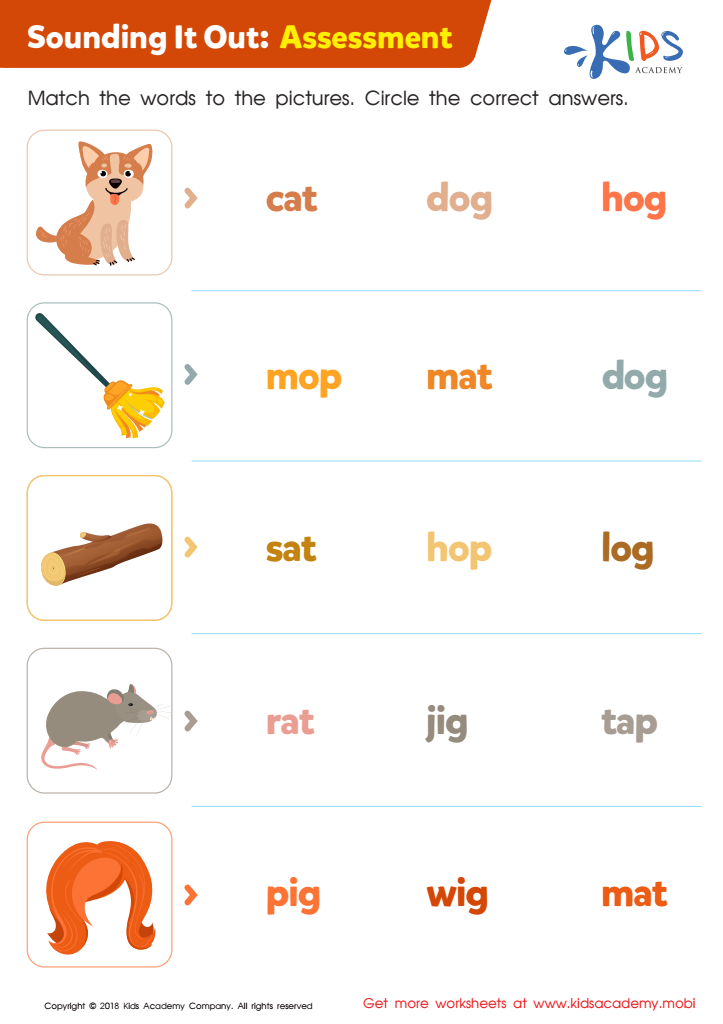

Sounding it Out: Assessment Worksheet
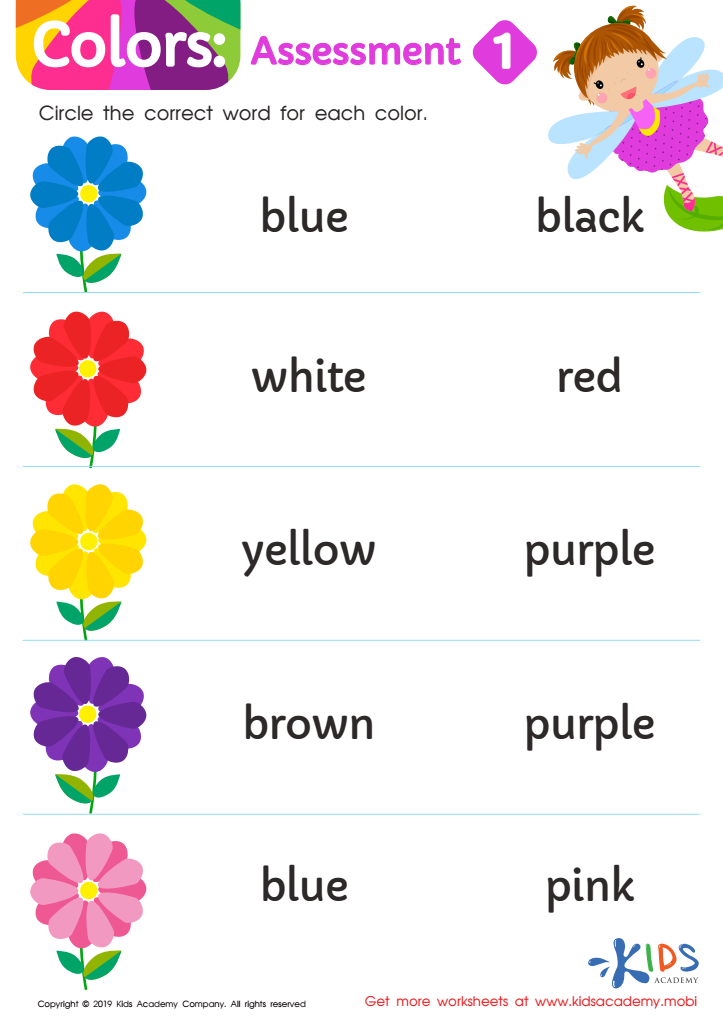

Colors: Assessment 1 Worksheet


First Words: Picture Rhymes Worksheet
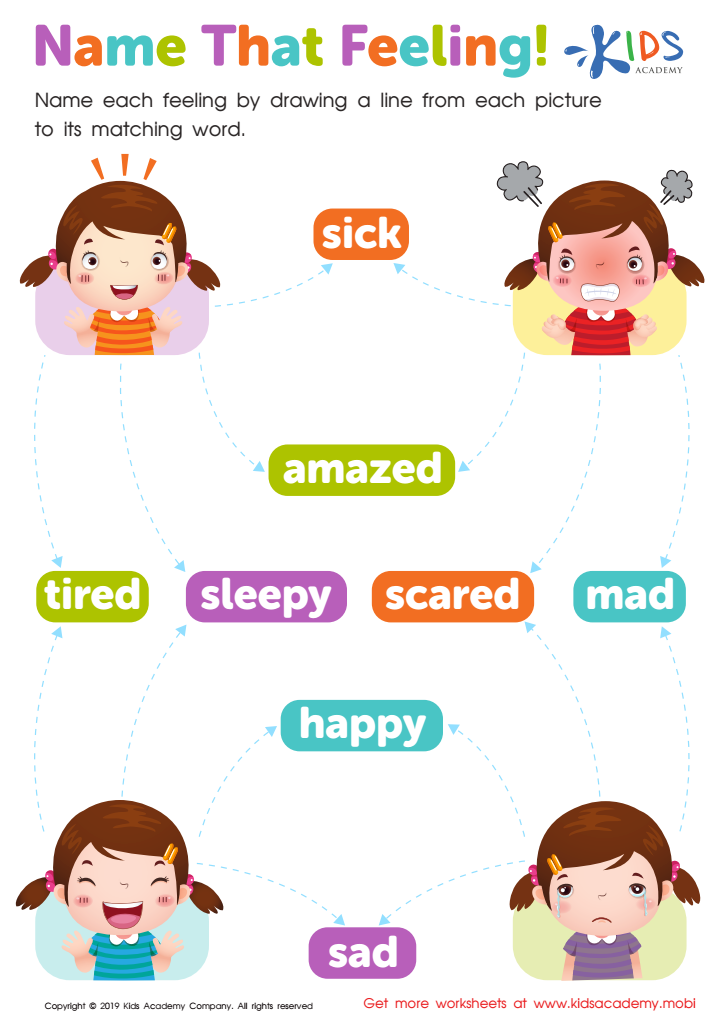

Name that Feeling Worksheet
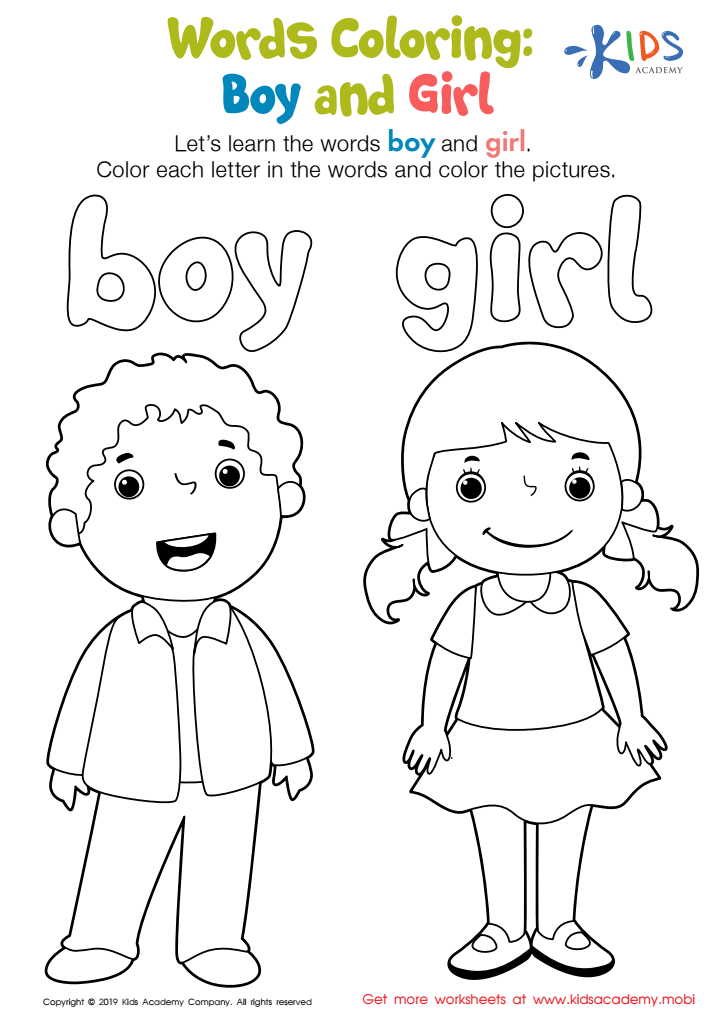

Boy and Girl Words Coloring Worksheet
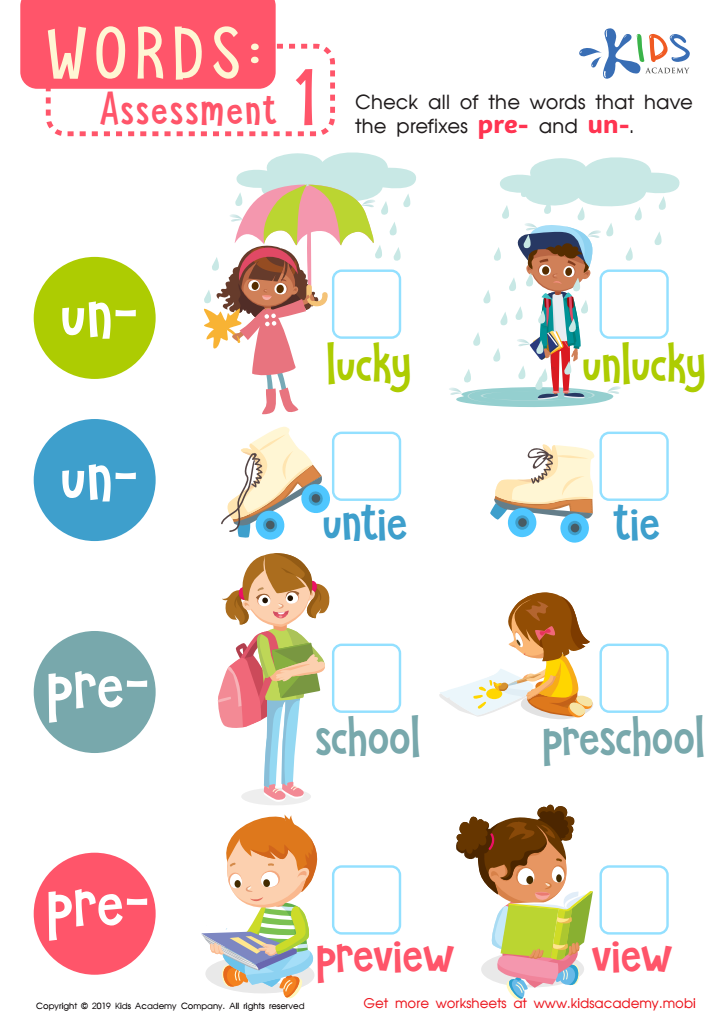

Words: Assessment 1 Worksheet
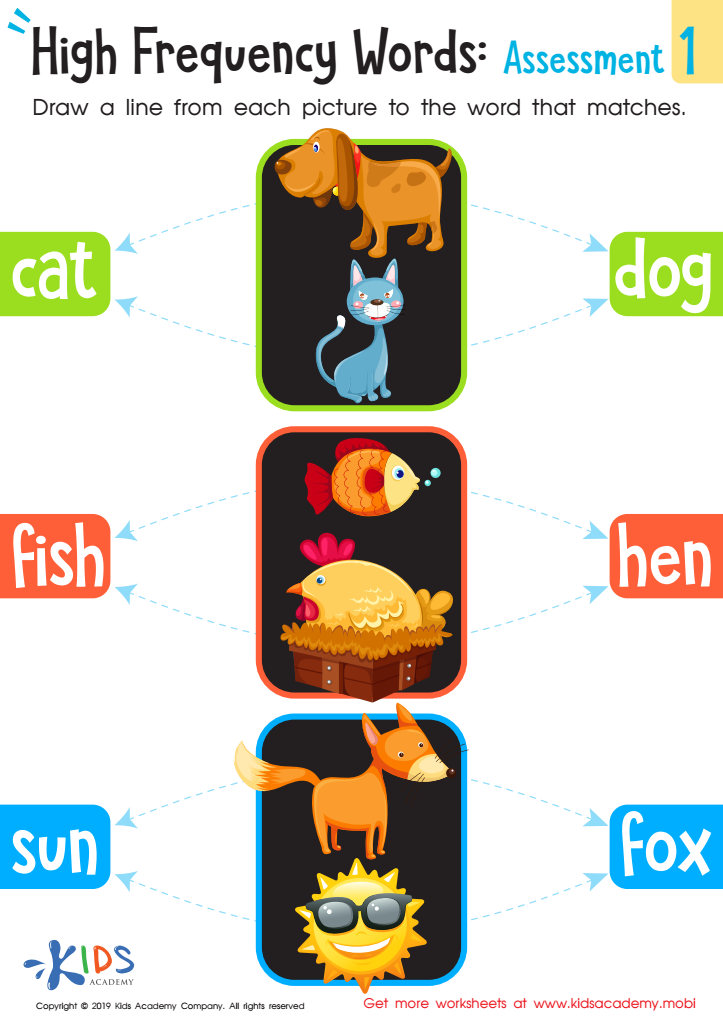

High Frequency Words: Assessment 1 Worksheet
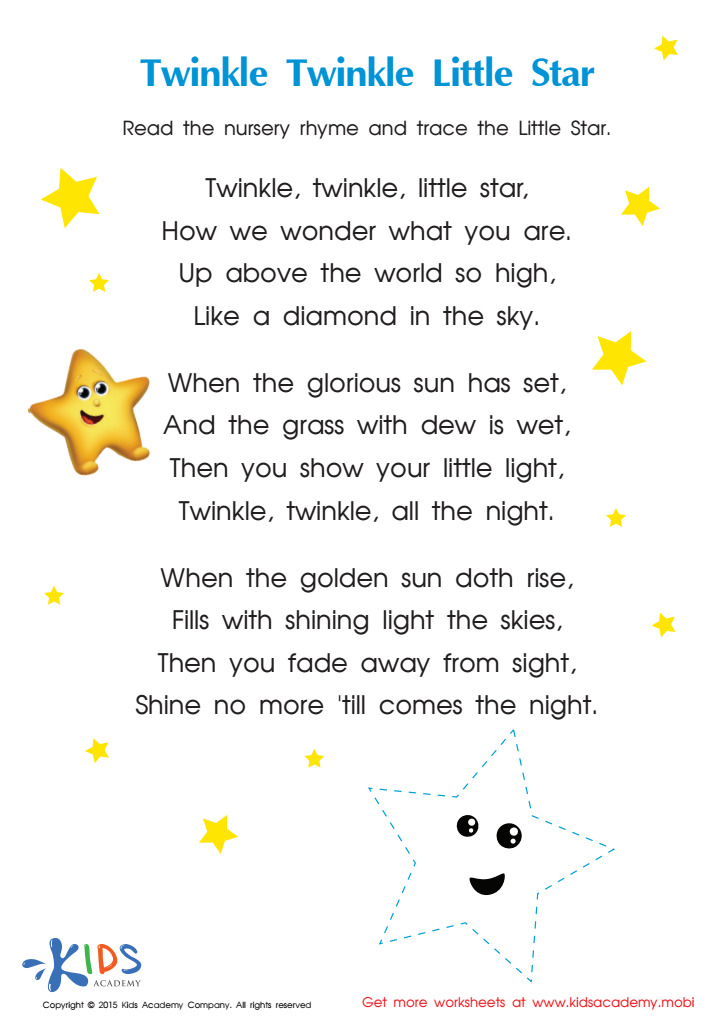

Nursery Rhymes: Twinkle Little Star Worksheet
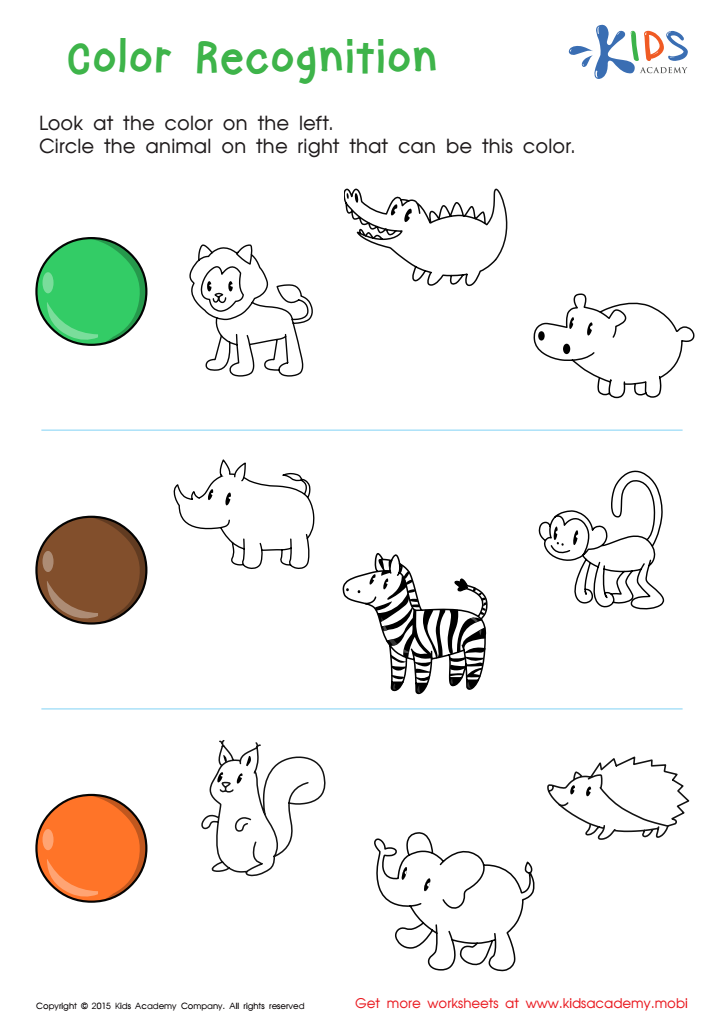

First Words: Color Recognition Worksheet
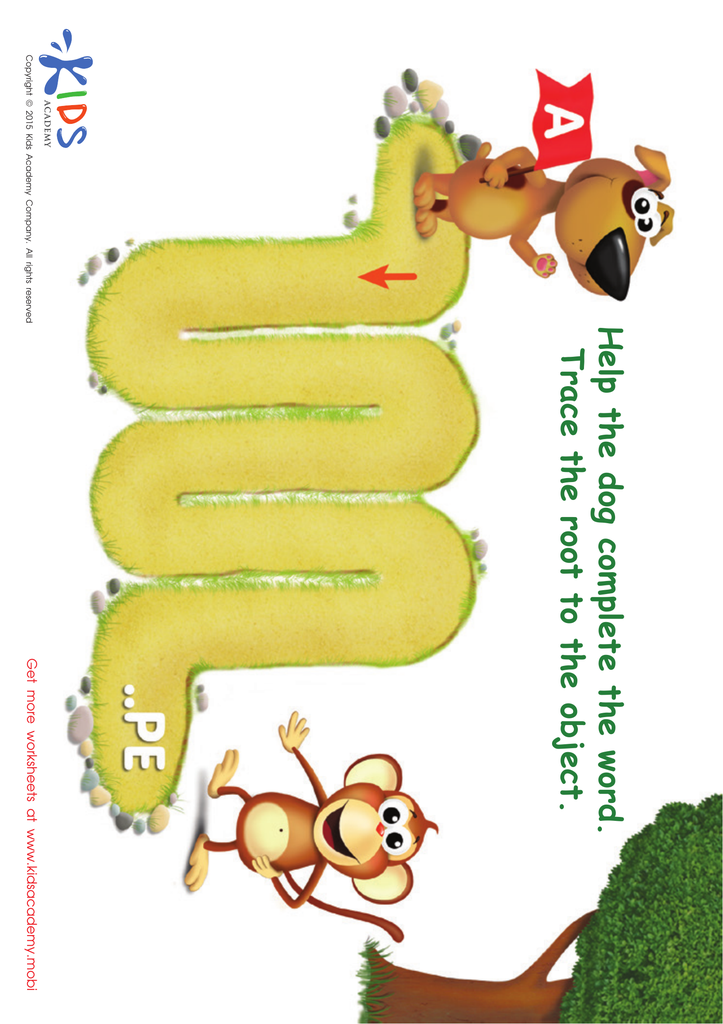

Long Vowel Sound A Worksheet Worksheet
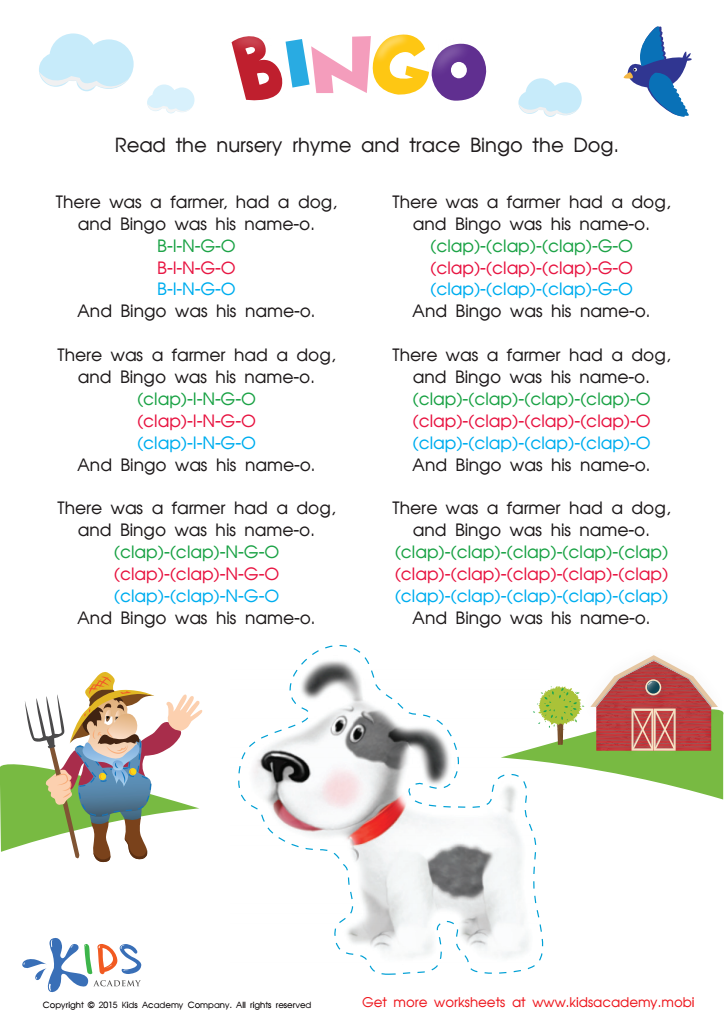

Nursery Rhymes: The Bingo Song Worksheet
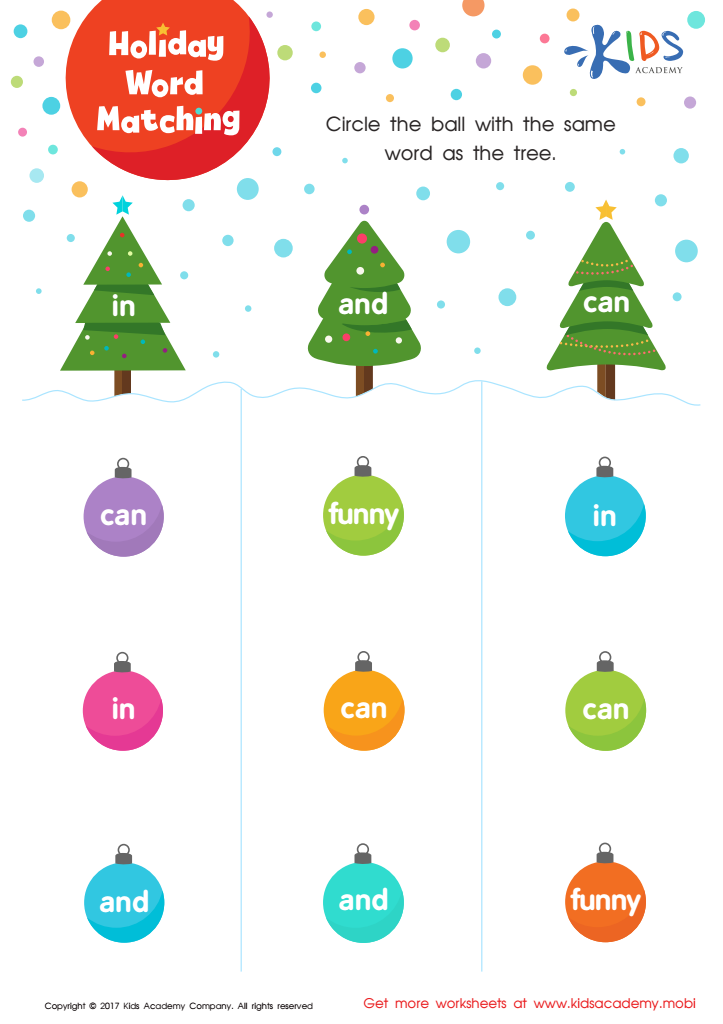

Holiday Word Matching Worksheet
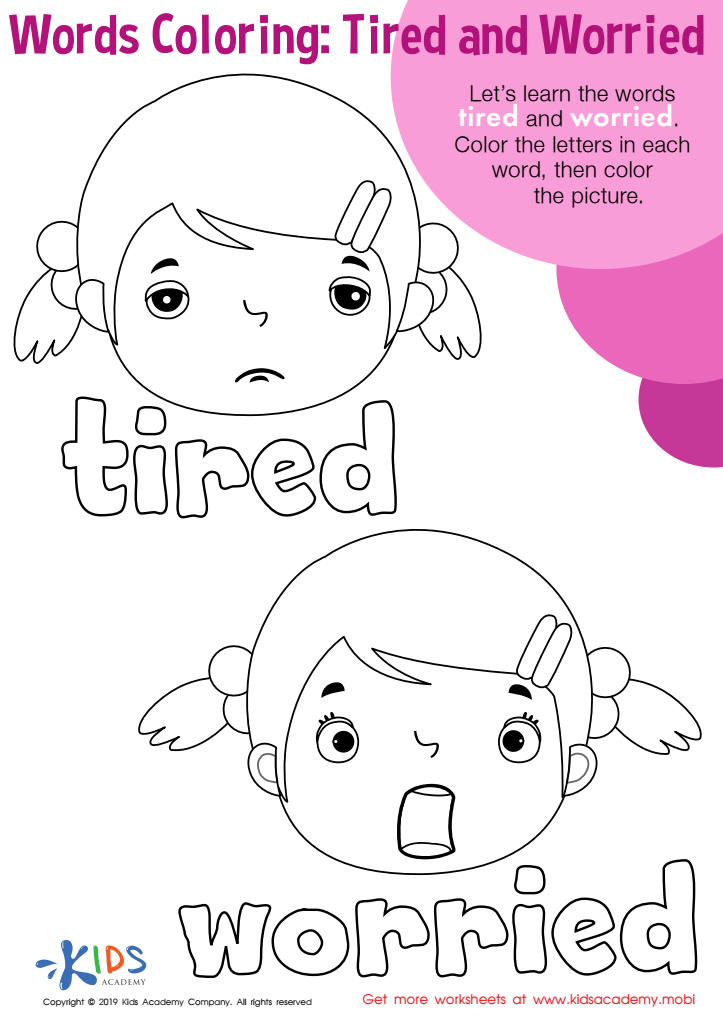

Tired and Worried Words Coloring Worksheet
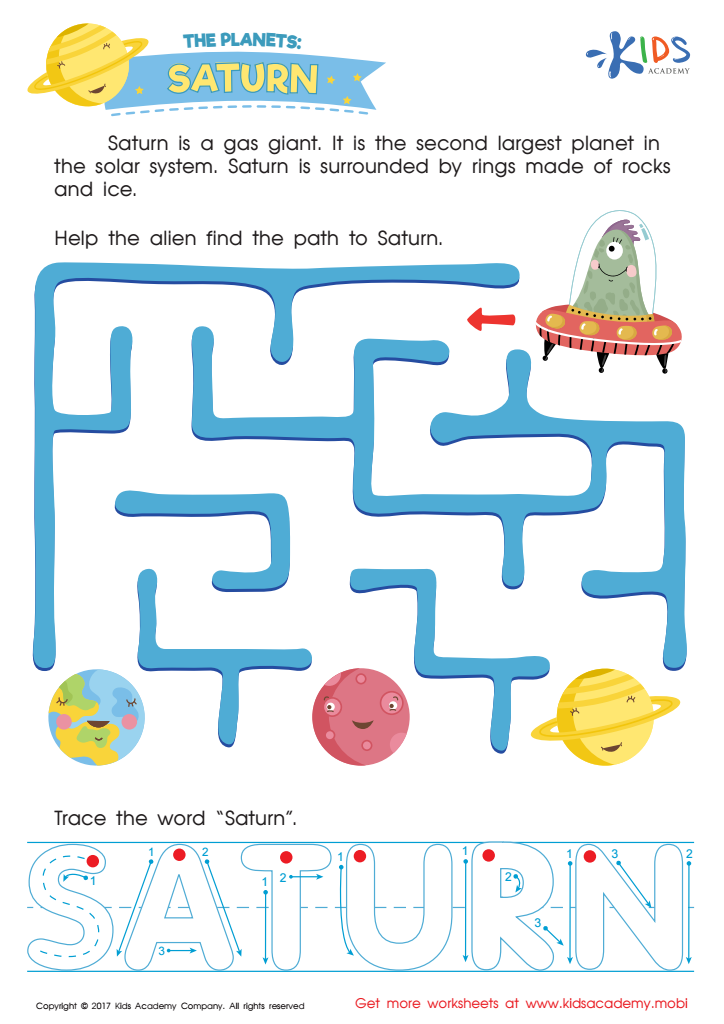

The Planets: Saturn Printable
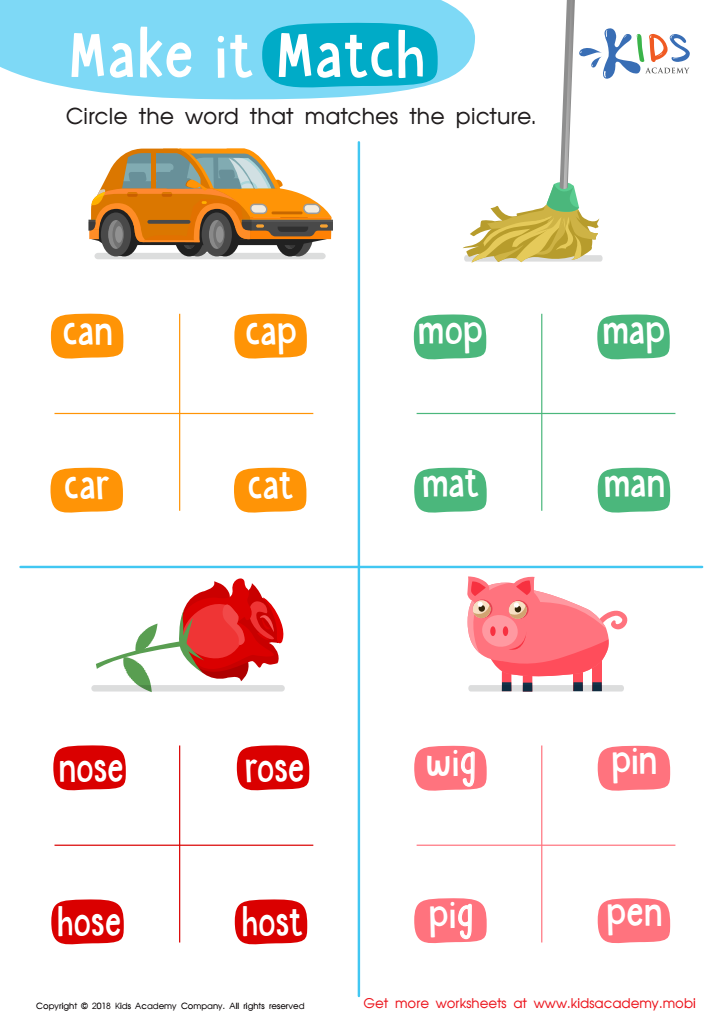

Make It Match Worksheet
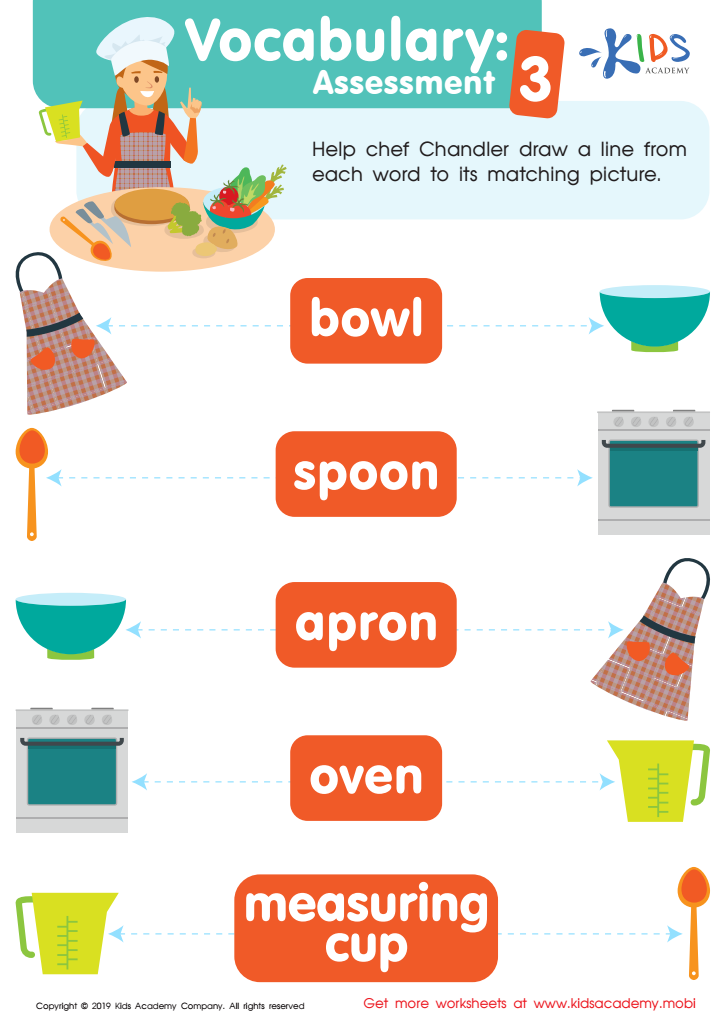

Vocabulary: Assessment 3 Worksheet
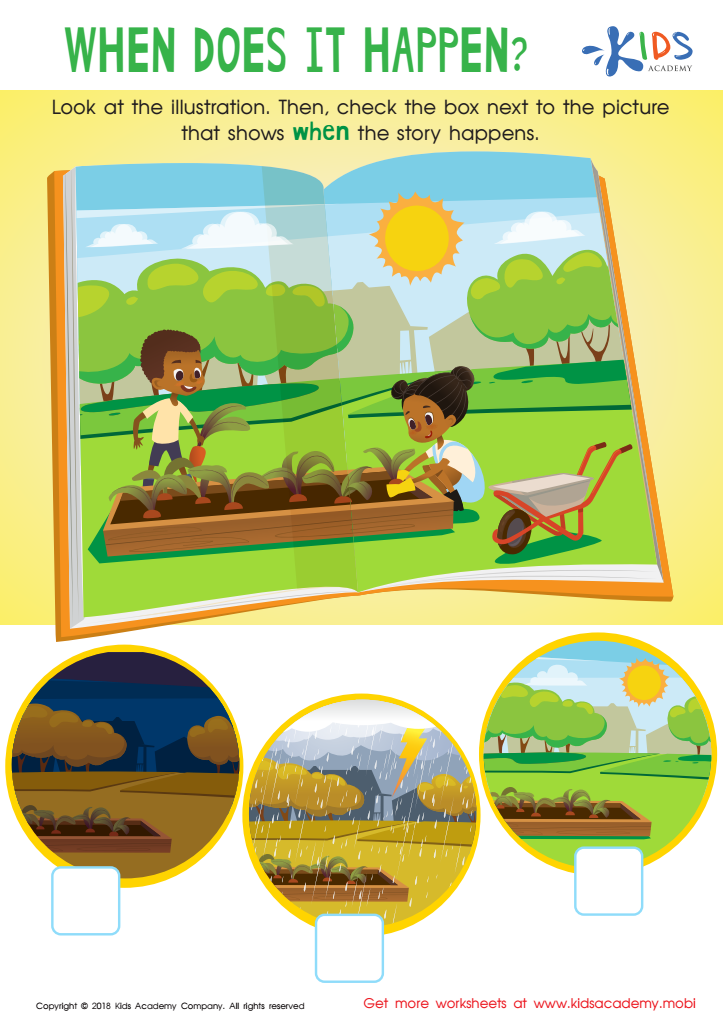

When Does It Happen? Worksheet
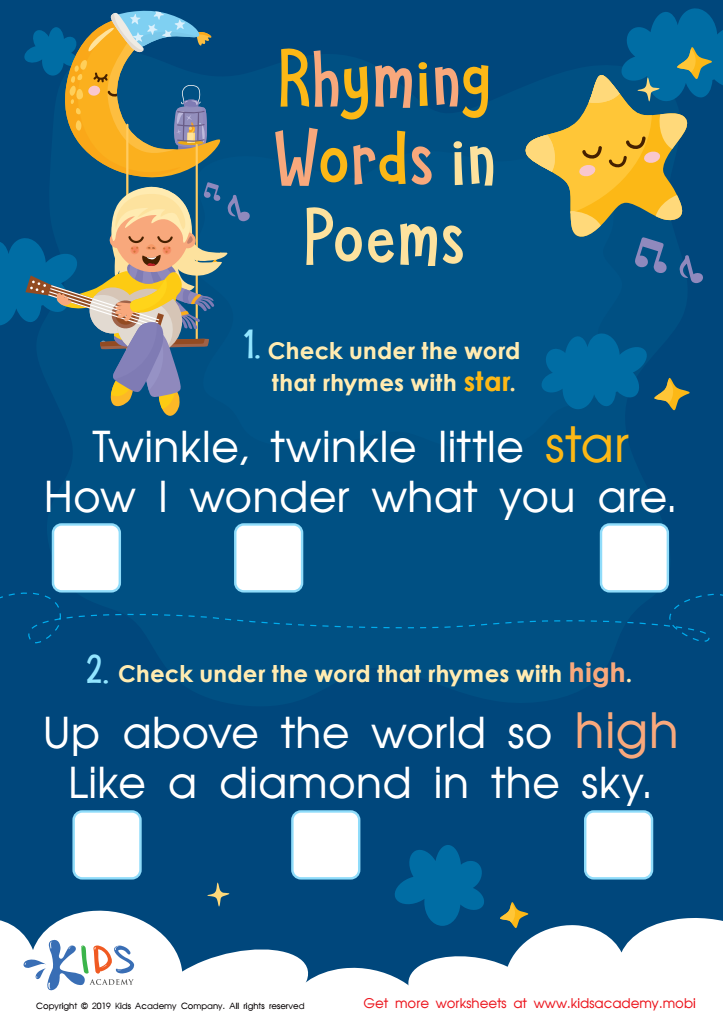

Rhyming Words in Poems Worksheet
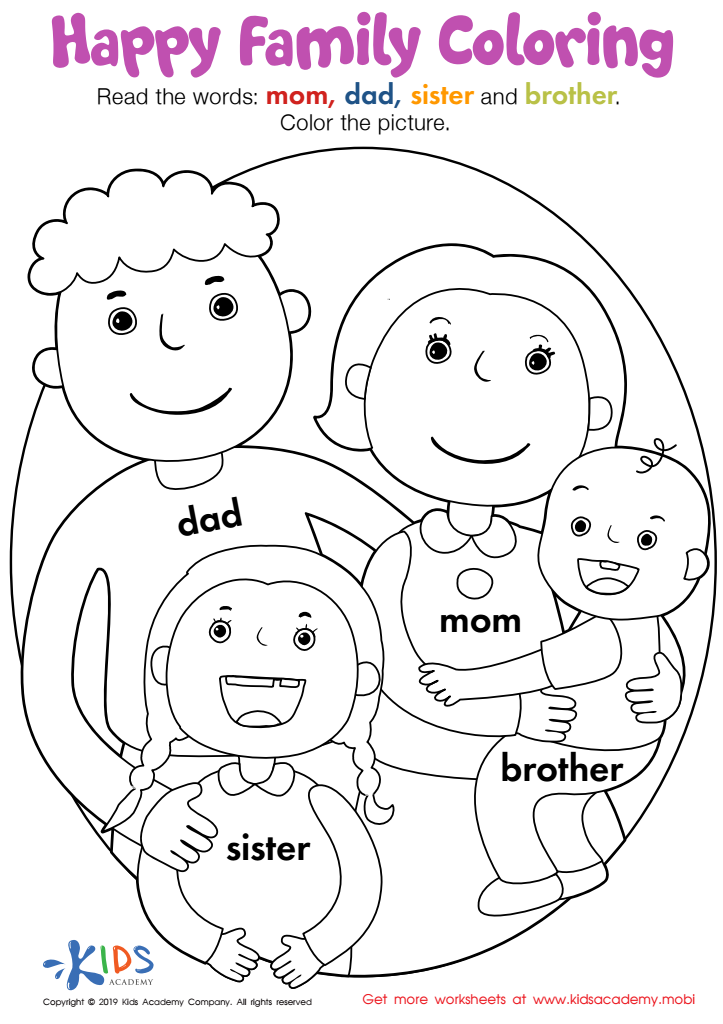

Happy Family Coloring Worksheet
Vocabulary enhancement through reading is crucial for children aged 3-4, as this period is a pinnacle for language development. Parents and teachers play vital roles in nurturing these early literacy skills. During these formative years, children's brains are like sponges, absorbing new words and sounds at an astounding rate. A rich vocabulary lays the foundation for successful communication, comprehension, and cognitive skills.
When parents and teachers prioritize vocabulary enrichment, they effectively bolster a child's ability to express themselves, enhancing social skills and emotional intelligence. Reading aloud introduces children to the nuances of language, such as syntax and grammar, in context, making abstract concepts more tangible. Furthermore, exposure to a variety of words helps children think critically and solve problems, fostering an inquisitive mindset.
Books offer structures, patterns, and themes that are not usually found in everyday conversations, offering a broader linguistic landscape. Stories with diverse characters, settings, and scenarios expose children to different cultures and ideas, promoting inclusivity and empathy from a young age.
Additionally, early reading habits often predict future academic success. Children with expansive vocabularies tend to perform better in school, as they are more adept at understanding and engaging with the material.
In summary, vocabulary enhancement through reading is not just about words; it's an investment in a child's overall development, setting the stage for lifelong learning and achievement.
 Assign to My Students
Assign to My Students















